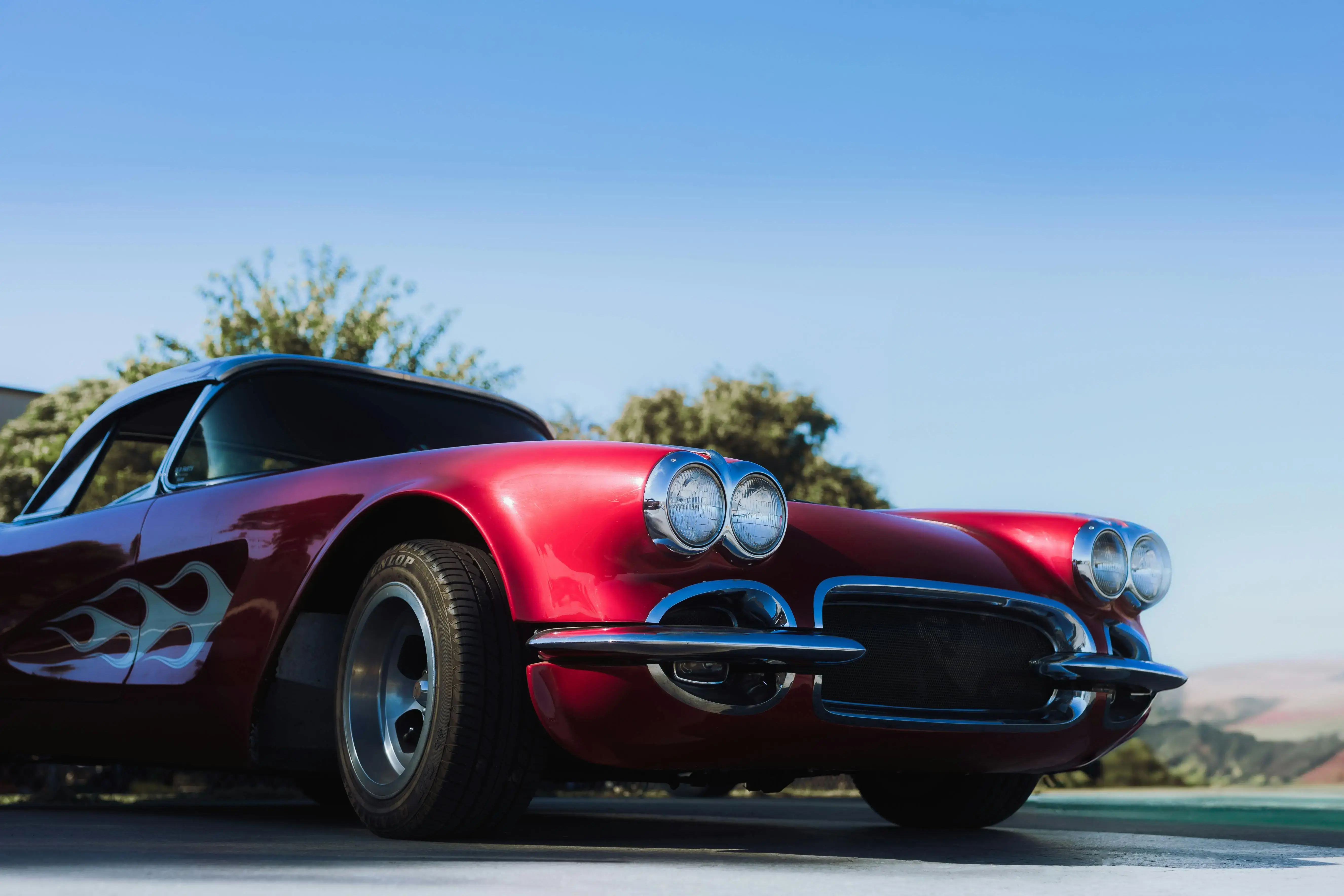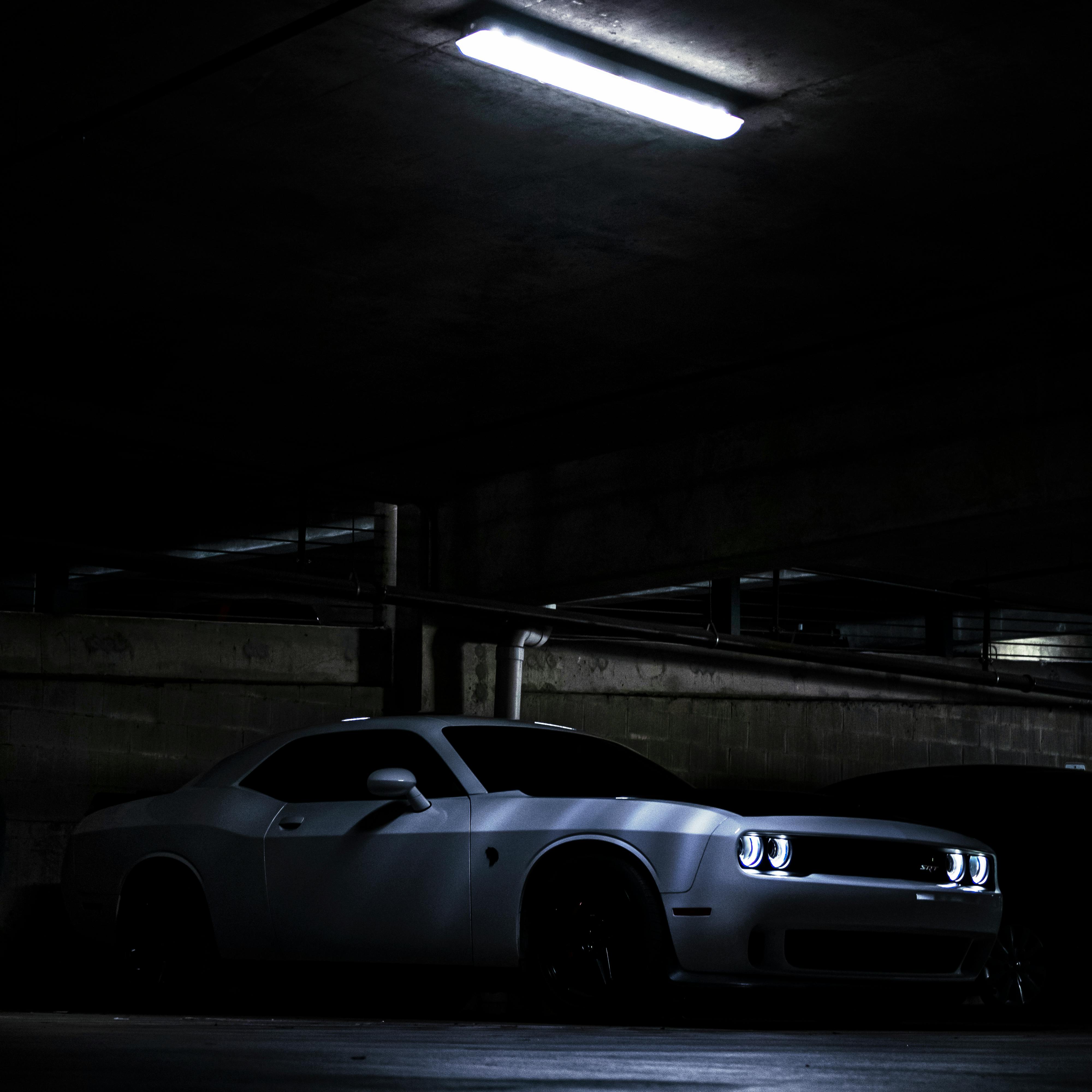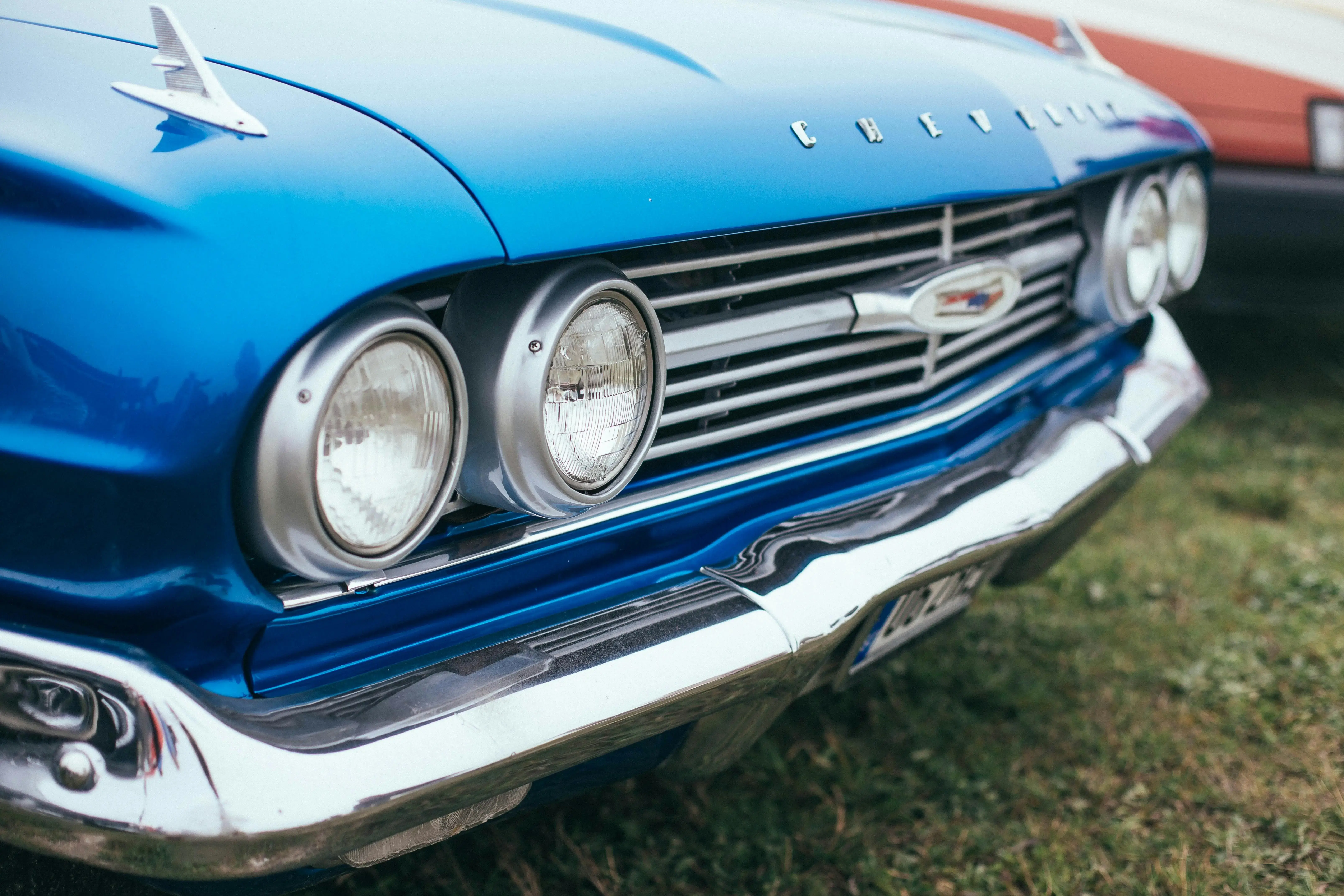Shipping Heavily Modified Cars to Panama: What’s Allowed
Shipping heavily modified cars to Panama requires extra scrutiny because approval can hinge on emissions, safety equipment, structural changes, and how those modifications are documented. Rules and enforcement can vary by port and inspector, which is why owners of modified import cars should verify compliance before purchase or shipment. This guide reflects real outcomes from recent imports and explains what typically passes, what triggers rejections, and how to prepare documentation to reduce delays—while emphasizing the need to confirm final requirements with your broker, customs advisor, and Panama’s traffic authority before shipping.
Which Modifications Are Most Likely to Get Rejected?
-
Right-hand drive (RHD): Strongly restricted, with rare exceptions.
-
Critical safety modifications: Brakes, airbags, crash protection, and steering changes often trigger rejections.
-
Non-compliant emissions or exhaust: Removal or bypass of emissions gear can lead to denial at customs or ATTT.
-
Uncertified structural/frame mods: DIY, unengineered, or non-certified builds (especially chopped/welded frames) face high rejection risk.
-
Rebuilt or branded titles (salvage, flood, fire): Commonly denied for road use regardless of US titling status.
These categories are most often refused, regardless of port. Always verify immediately before purchase or shipment.
Most Commonly Accepted Mods (As of Late 2025)
-
Professional vinyl wraps or custom paint
-
Quality aftermarket stereo/audio upgrades
-
Legal, professionally-fitted window tint (per Panama specs)
-
Bolt-on wheels and tires within factory safety specifications
-
Mild body kits and spoilers (documented/good fitment)
-
Roof racks, side steps, or non-SRS-seat interior customization
-
US-standard catalytic converter replacements (where emissions pass)
Note: Even these are subject to inspector approval, so always document source, install, and compliance features.
Essential Documentation for Modified Vehicles
-
Itemized build/modification sheets
-
Shop receipts and install certifications, clearly dated
-
Before/after photographs with detailed captions
-
EPA/DOT compliance data for key systems
-
Clear VIN and title match for mod state at time of export
-
Engineering/safety sign-off letters for major frame/suspension mods
Missing or incomplete paperwork dramatically boosts risk of denial, fines, or re-exportation.
What Happens at Panama Port Inspection?
-
Attentive customs/ATTT officers visually check every vehicle for undeclared, non-compliant, or undocumented changes.
-
Major modifications receive scrutiny for safety, emissions, lighting, and structural integrity.
-
Local ATTT agents may require further documentation or local certification even if US-approved.
Always check current Panama ATTT guidelines (https://www.transito.gob.pa/) and expect standards to shift over time and by region.
Best Practices: Minimize Risk on Modified Exports
-
Declare everything—no matter how small.
-
Work exclusively with credentialed/professional shops.
-
Get written confirmation of mod standards before shipping.
-
Keep copies of all US EPA/DOT approvals if parts or upgrades are safety/emissions relevant.
See current best advice from recent deliveries and denial/success trends at the main Panama car export blog.
Get a Real-Time Modified Car Eligibility and Rate Review
No two modified car export cases are identical. Use the Panama shipping calculator to get a live advisor review for your VIN and mod list, and establish eligibility, documentation, and cost before you ship.
You May Also Like
These Related Stories

Modified & Performance Car Import To Saudi Arabia: Rules & Allowances

German TÜV Compliance: Shipping US Muscle Cars Under the 30-Year Rule

-093789-edited.png?width=220&height=79&name=wcs_final_logo_(1)-093789-edited.png)
